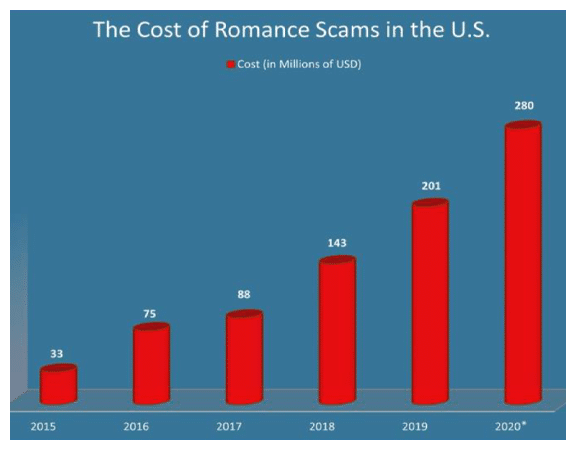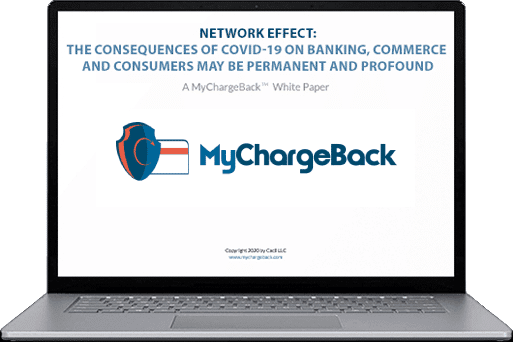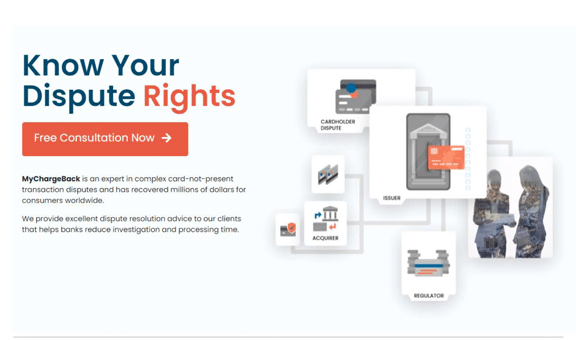Romance Scams Are Growing. Here’s Why.
By Michael B. Cohen, Vice President of Global
Operations





It’s worth asking whether the one-size-fits-all solution of the class action lawsuit is the best strategy in every case. Certainly, professional guidance and assistance is far preferable to navigating the treacherous bureaucracy and entrenched inertia alone. The law firms taking these cases, however, are expensive. And the judicial process may be glacially slow.
Cactil is registered with the Information Commissioner’s Office in Respect of the Data Protection Act 2018, Number: ZA664835. The office address of Cactil LLC is 1441 Broadway, 3rd Floor, PMB #3111, New York, NY 10018.
MyChargeBack regards phishing and spoofing attempts against our clients very seriously. We advise you to verify that the email you receive from MyChargeBack is indeed sent from mychargeback.com. If you are sent any type of communication carrying our name that looks suspicious, please forward a copy to us at [email protected]